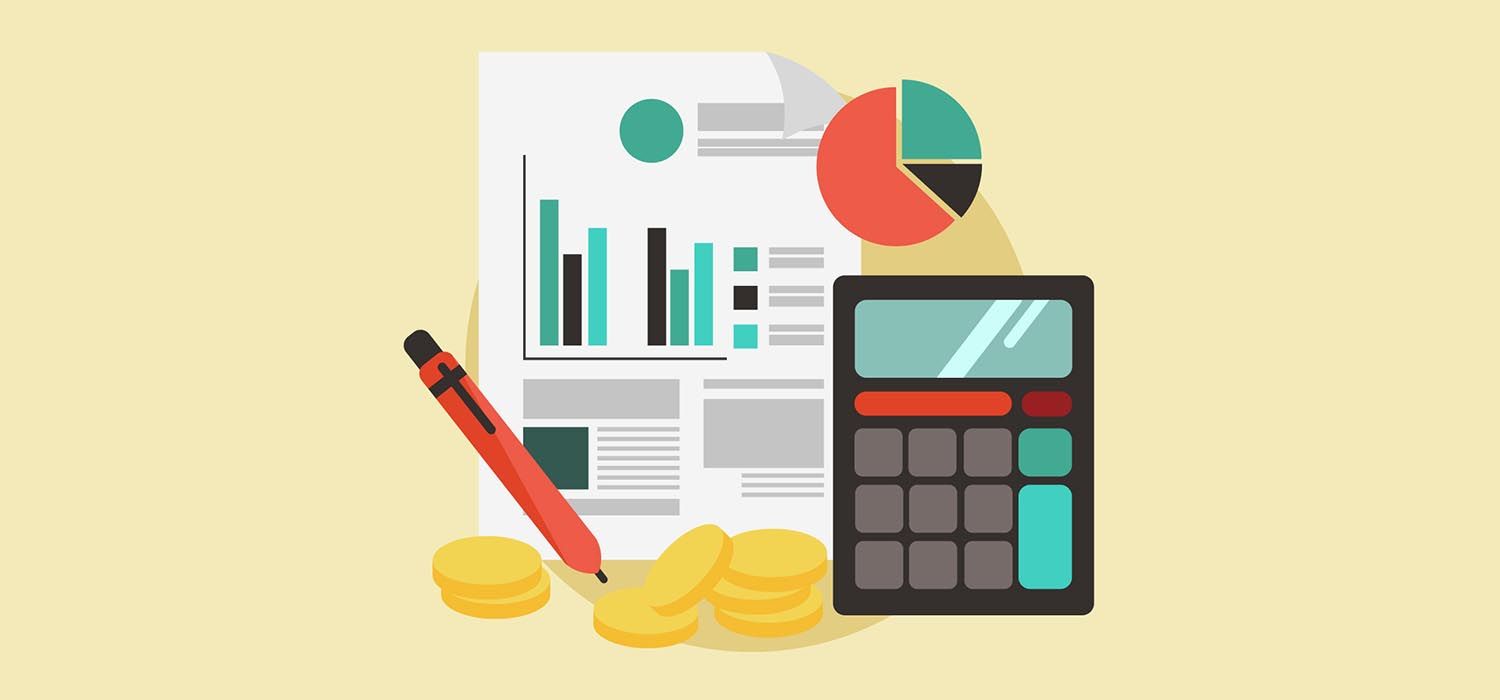
The payment of taxes is an obligation that all citizens must comply with, but it can also be an opportunity to take advantage of the tax benefits offered by the tax laws.
However, in order to do so, it is necessary to file the returns correctly and comply with all the regulations established by the tax administration.
From choosing the most appropriate tax regime to identifying deductions and tax credits, we will give you all the keys to optimize your tax situation and save money on tax payments.
What are taxes?
Taxes are taxes that must be paid to the State to finance public expenditures and the provision of services to society.
These taxes can be direct, such as Personal Income Tax (IRPF), or indirect, such as Value Added Tax (VAT).

In addition, there are different types of taxes depending on their purpose, such as taxes on income, wealth, consumption or economic activities.
Each country has its own tax system and tax regulations governing the obligation to declare and pay the corresponding taxes.
Types of taxes
There are several types of taxes that must be filed correctly to take advantage of tax benefits.
Some of them are:
- Income tax (ISR): this is the tax paid on income earned in a fiscal year;
- Value Added Tax (VAT): is the tax paid on the sale of goods and services;
- Property tax: is the tax paid on real estate property;
- Capital gains tax: this is the tax paid on profits obtained from the sale of goods or assets.
Direct taxes
Direct taxes are those directly levied on the income or assets of a person or company.
They include Personal Income Tax (IRPF), Corporate Income Tax (IS), Non-Resident Income Tax (IRNR) and Wealth Tax.
It is important to file these taxes correctly to avoid possible penalties and to take full advantage of the tax benefits they offer.
To do so, it is advisable to have the help of a tax advisor to guide us through the process and inform us about the deductions and allowances we are eligible for.
Personal Income Tax (IRPF)
The Personal Income Tax (IRPF) is a direct tax levied on the income obtained by individuals resident in Spain.
This tax is applied on the basis of the annual income and is calculated according to the personal and family situation of the taxpayer, as well as his income and expenses.
It is important to take into account that there are numerous tax deductions that can reduce the amount to be paid in the IRPF.
In order to file the IRPF correctly, it is necessary to collect all the information relating to income and expenses for the corresponding tax year.
Corporate Income Tax
Corporate Income Tax is a tax levied on the income of companies and legal entities.
It is important to know the rules and deadlines for its filing, as well as the possible deductions and tax benefits that can be applied.
In order to file this tax correctly, it is necessary to keep an exhaustive record of the company's income and expenses, as well as the investments made.
In addition, it is important to know the accounting and tax rules governing the business activity.
Indirect taxes
Indirect taxes are those that are levied on the consumption of goods and services, i.e., they are not levied directly on the income or assets of individuals.
Some examples of indirect taxes are the VAT, the tax on the consumption of hydrocarbons, the tax on alcoholic beverages and the tax on gambling.

It is important to bear in mind that these taxes can have a significant impact on production costs and on the final prices of products and services.
Therefore, it is essential to be aware of the corresponding tax regulations and to file tax returns correctly in order to take advantage of the available tax benefits.
In addition, it is important to keep in mind that some products or services may be exempt or have a reduced rate of indirect taxes.
Value Added Tax (VAT)
VAT is a tax that applies to most commercial transactions in Spain and in many other countries.
It is an indirect tax, which means that it is applied to the value added at each stage of the production and distribution chain.
For businesses, VAT is a tax that must be collected and paid to the state.
However, it can also be recovered by companies if certain requirements are met.
This is known as VAT deduction. It is important to know the VAT rules to avoid errors and tax penalties.
Transfer Tax and Stamp Duty (ITP and AJD)
The Transfer Tax and Stamp Duty (ITP and AJD) is an indirect tax levied on onerous property transfers, corporate transactions and documented legal acts.
In general, the ITP and AJD is applied in the sale and purchase of real estate, used vehicles, companies, stocks and shares, among others.
It is also applied in the constitution of mortgages and in the signing of leasing contracts with option to purchase.
In addition, there are exemptions and allowances that can be applied according to the circumstances of each case.
Tax filing
Tax filing is a necessary process to comply with tax obligations and avoid penalties by the tax authorities.
In order to do it correctly, it is important to take into account the established deadlines, deductions and tax benefits available.
Among the documents required for filing taxes are form 303 (quarterly VAT return), form 130 (quarterly personal income tax return for self-employed) and form 100 (annual personal income tax return).
In addition, other documents such as invoices, receipts and proof of expenses must also be taken into account.
Tax obligations of taxpayers
Taxpayers have the obligation to file their taxes in due time and form, as well as to comply with all the tax obligations that correspond to them.
Among these obligations are:
- Registration with the Tax Administration Service (SAT);
- Filing of tax returns;
- Timely payment of taxes;
- Keeping proper accounting records;
- Providing truthful and complete information to the SAT;
- Complying with the specific tax obligations of each economic activity.
Tax benefits
Tax benefits are incentives offered by the government to encourage certain behaviors or activities in society.
These benefits can be in the form of deductions, tax credits, exemptions and other incentives that reduce the tax burden of taxpayers.
Some examples of tax benefits are:
- Deductions for medical and educational expenses;
- Tax credits for donations to charitable organizations;
- Tax exemptions for income from certain activities, such as agriculture or research and development;
- Tax incentives for companies that invest in disadvantaged areas or in green technologies.
Taking advantage of tax benefits can help reduce the tax burden and increase savings.
Personal income tax deductions
Personal Income Tax (IRPF) is one of the most important taxes in Spain and, therefore, it is important to be aware of the deductions that can be applied to reduce the tax burden.
Deductions are a way of subtracting an amount from the total amount to be paid in taxes.
Among the most common deductions are:
- Deduction for investment in primary residence;
- Deduction for renting a primary residence;
- Deduction for large family or disabled dependents;
- Deduction for donations to NGOs or foundations;
- Deduction for education expenses;
- Deduction for childcare expenses;
- Deduction for contributions to pension plans;
Tax incentives for companies and the self-employed
There are a number of tax incentives that can benefit companies and self-employed individuals when filing their taxes:

- Deductions for investments: certain expenses can be deducted for investments made in the company, such as machinery, computer equipment or vehicles;
- Allowances for hiring: there are allowances on social security contributions for hiring certain groups, such as young people, people over 45 years of age or people with disabilities;
- Deductions for research and development: expenses related to research and technological development activities can be deducted;
- Reduction of the tax rate: some autonomous communities offer reductions in the tax rate to certain companies that are established in their territory.
Conclusion
In conclusion, filing taxes correctly can be a complicated task, but it is essential to avoid fines and penalties.
In addition, taking advantage of tax benefits can help reduce the tax burden and improve the financial situation of a business or individual.
It is important to stay informed about tax laws and seek professional advice if necessary.
With proper planning and compliance with tax obligations, efficient tax management can be achieved.






